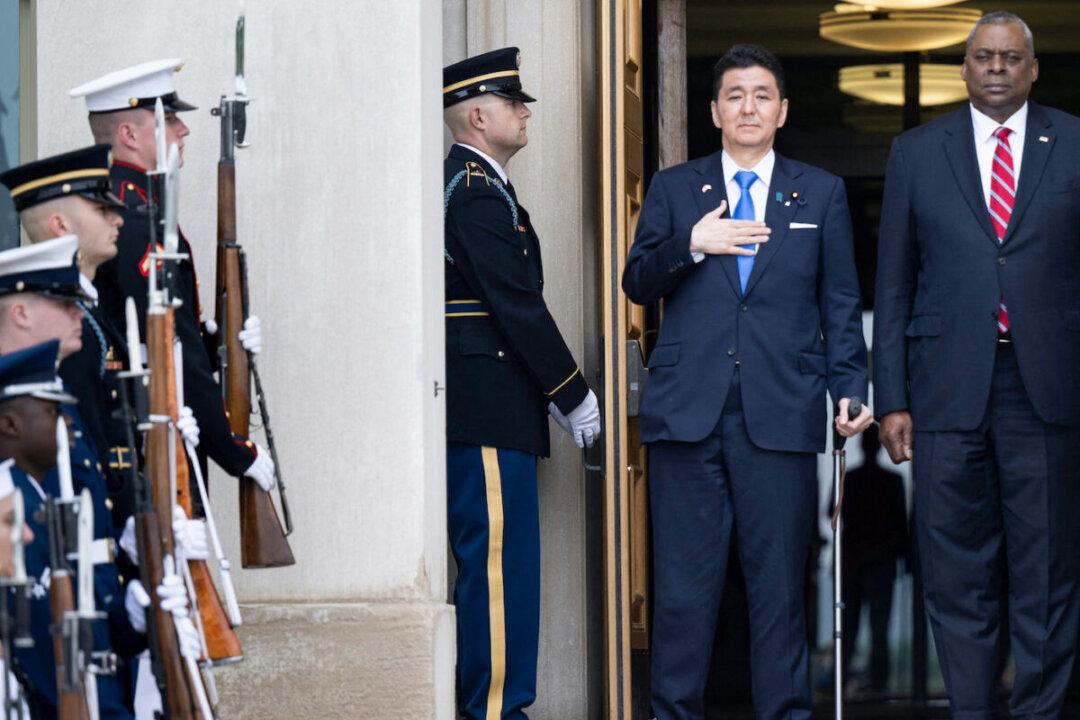New Analysis
The defense chiefs of the United States, Japan, and South Korea reached a consensus in Singapore on June 11 to deepen security cooperation in the Indo-Pacific.

The defense chiefs of the United States, Japan, and South Korea reached a consensus in Singapore on June 11 to deepen security cooperation in the Indo-Pacific.